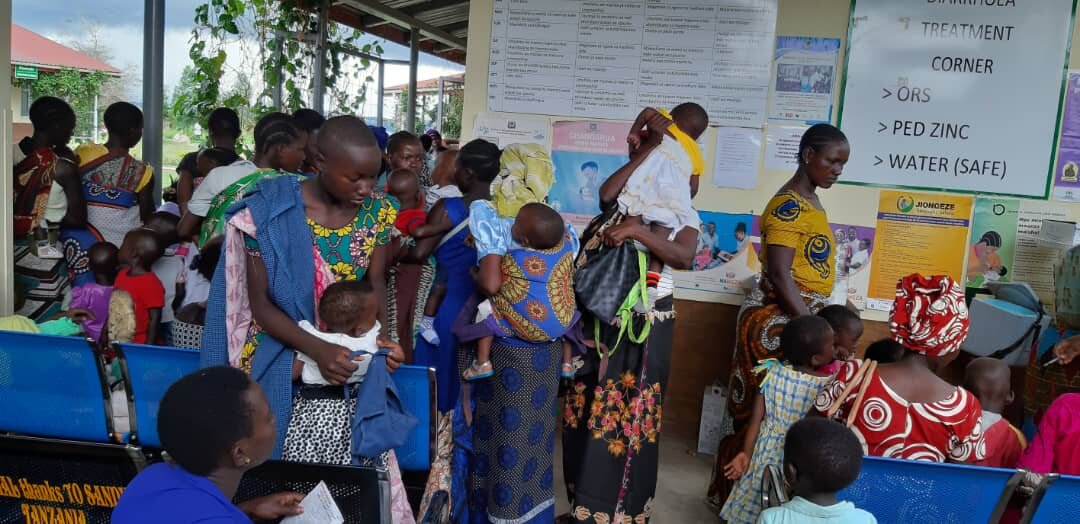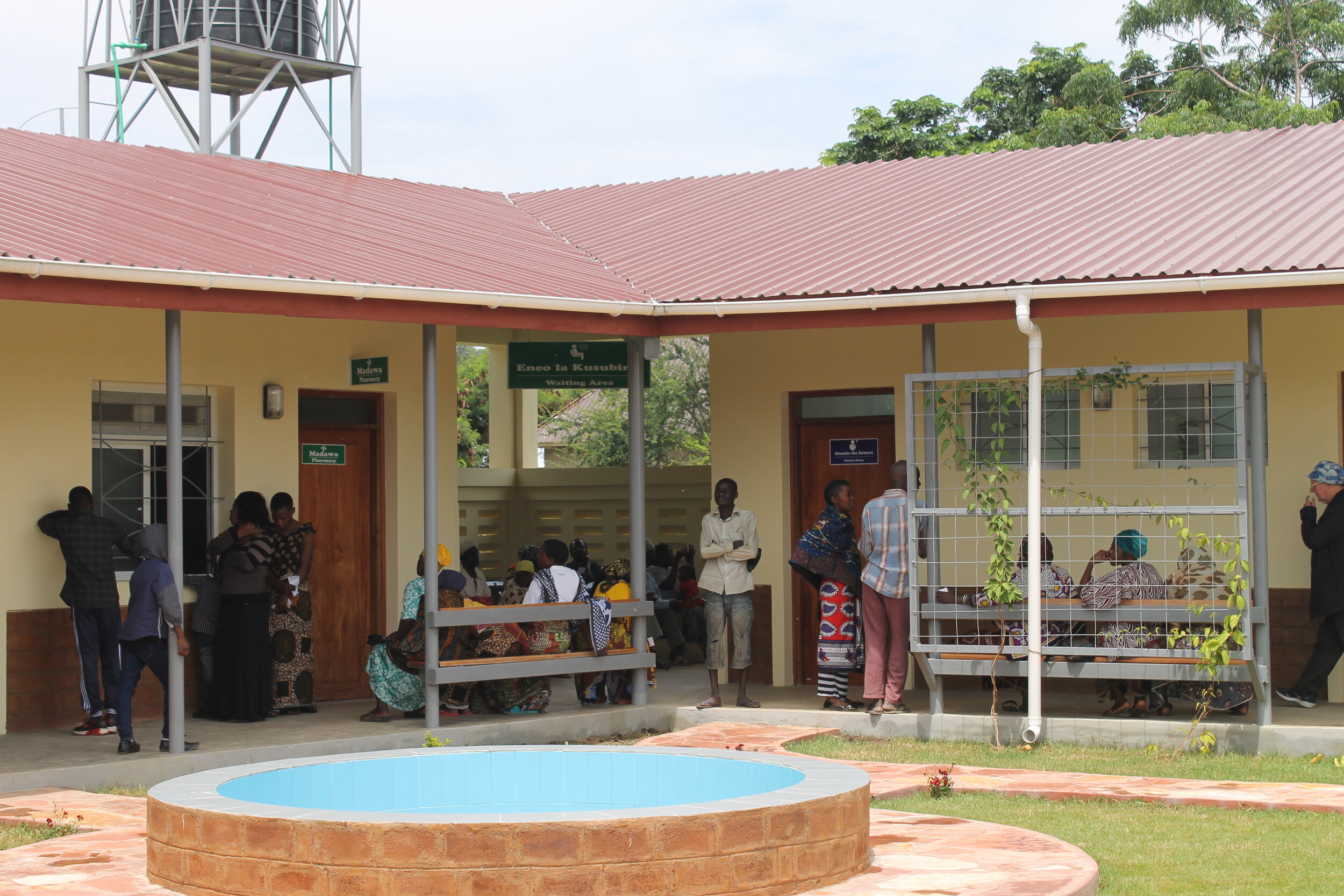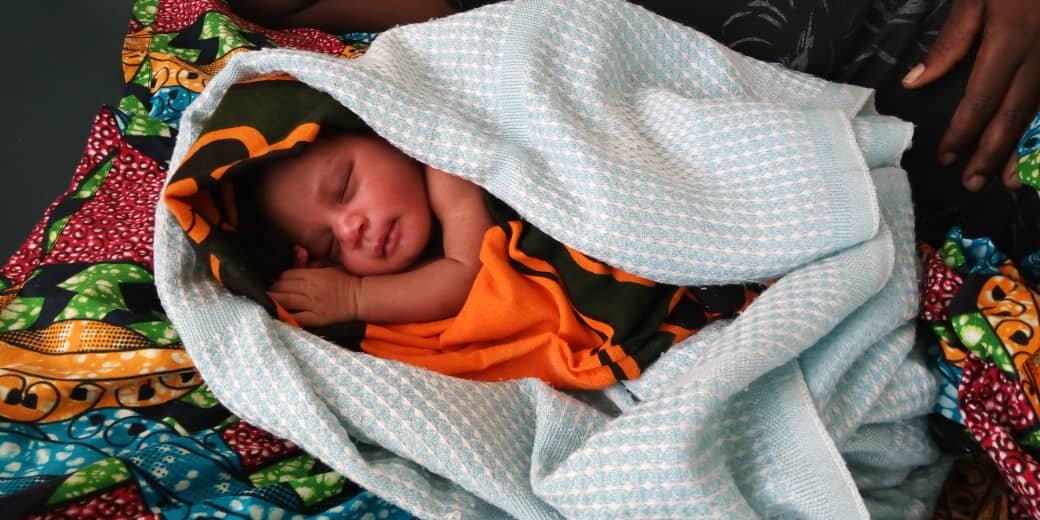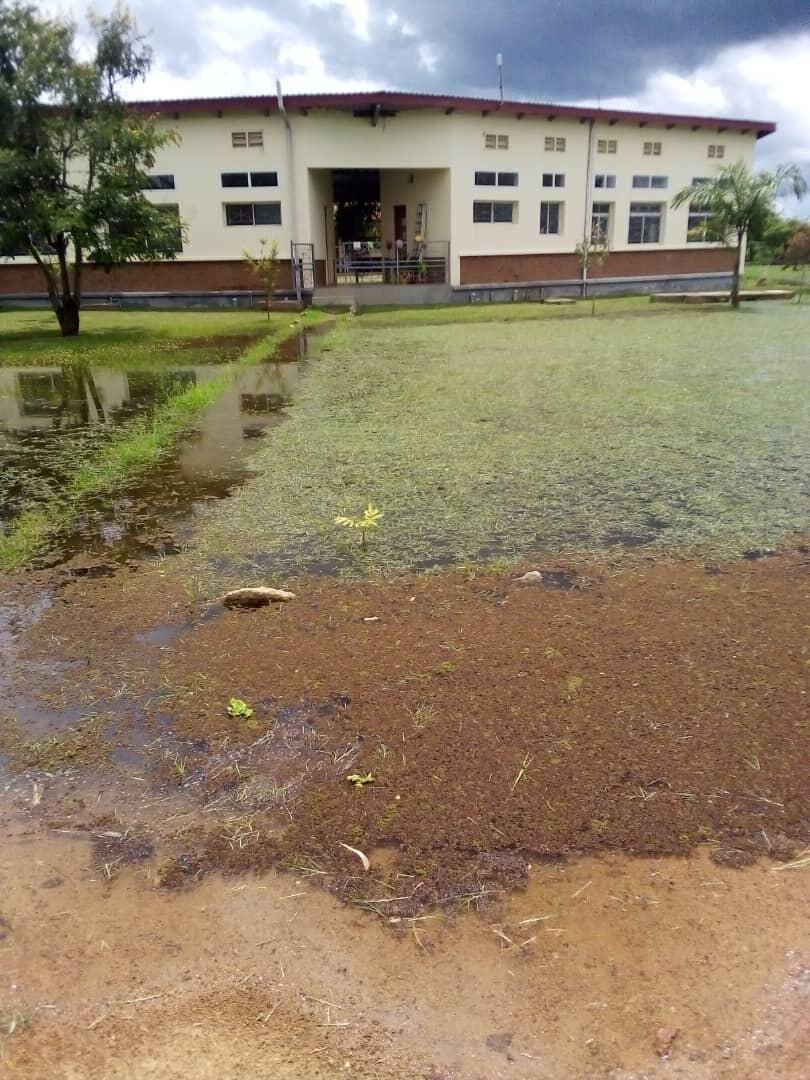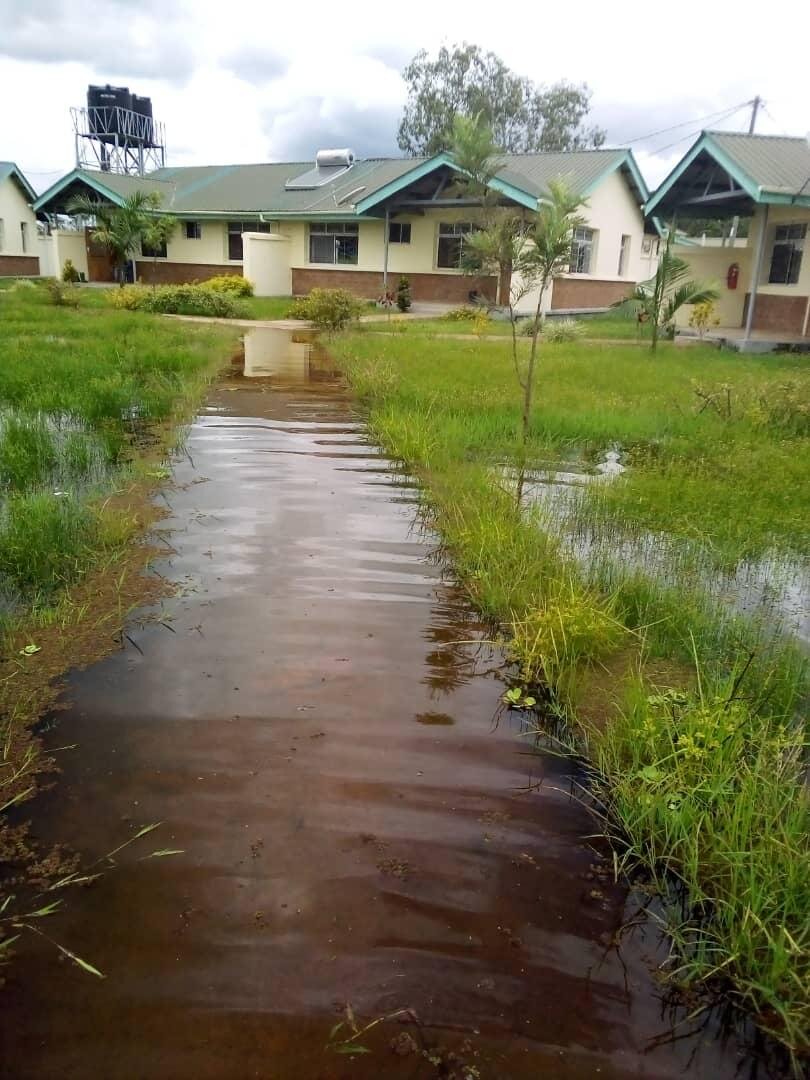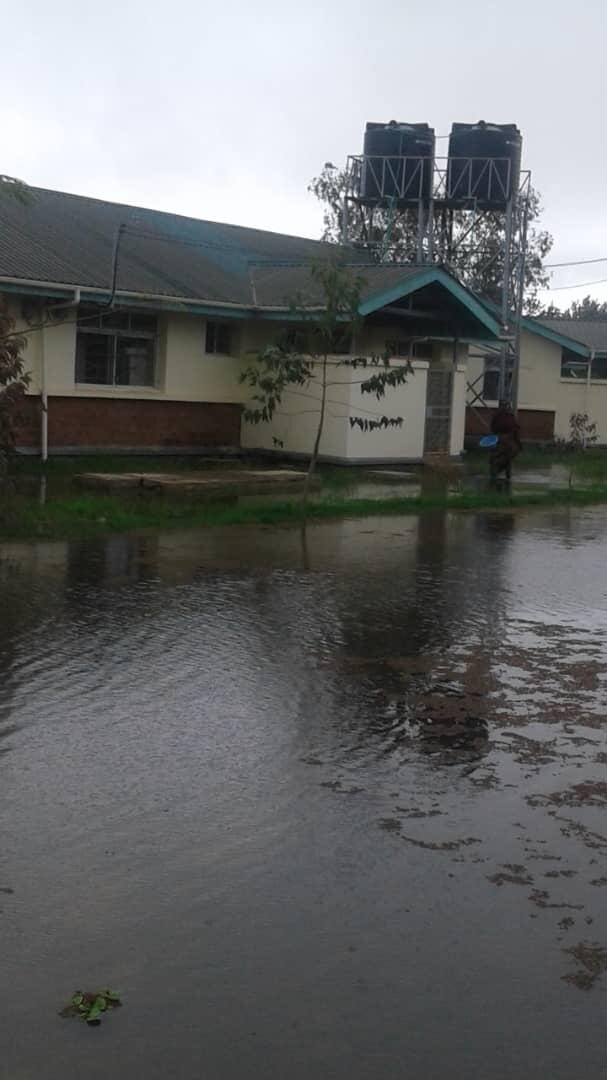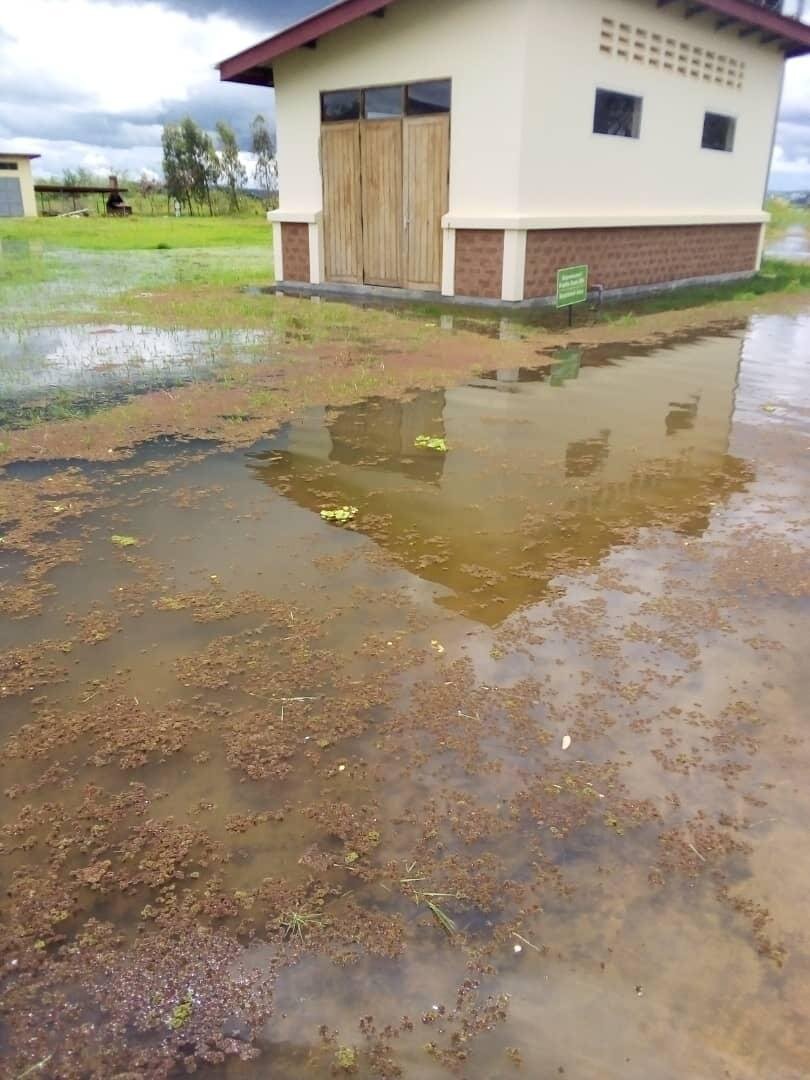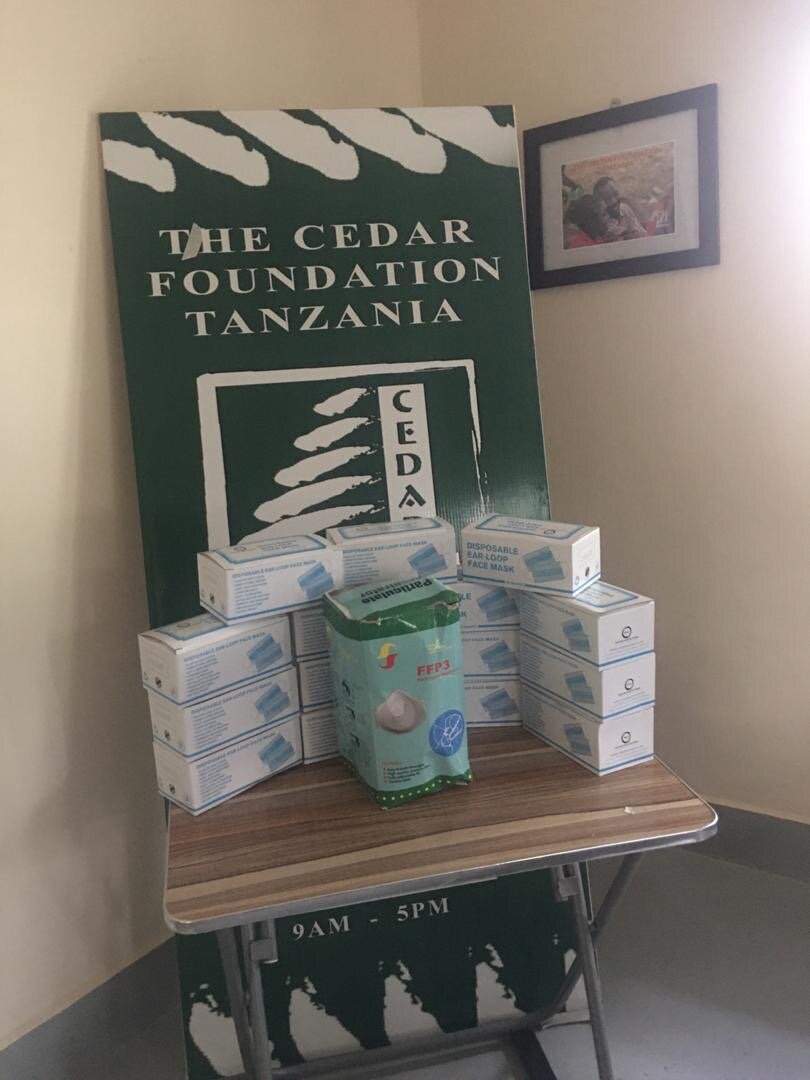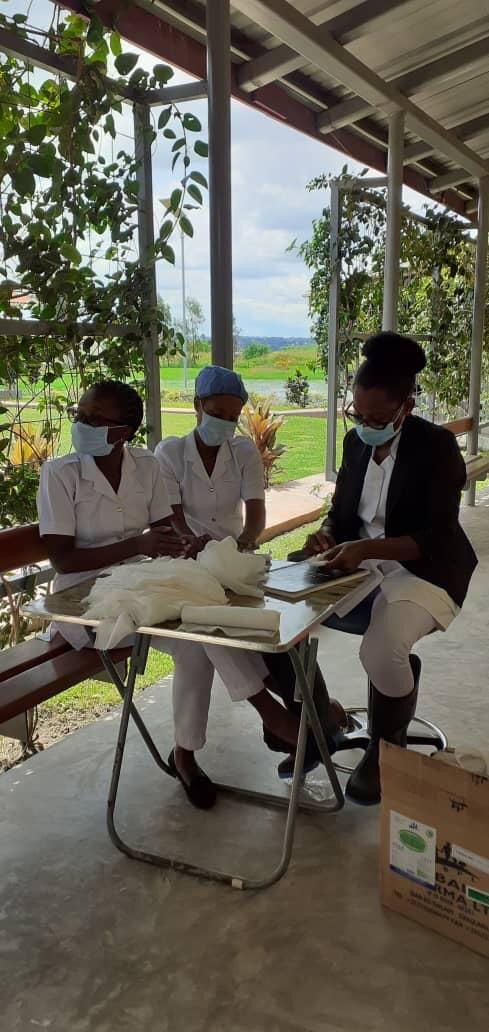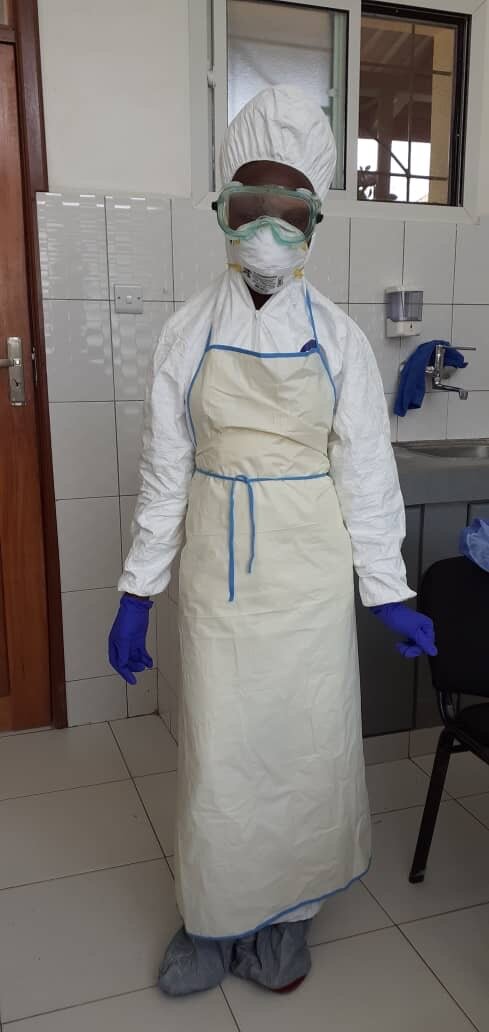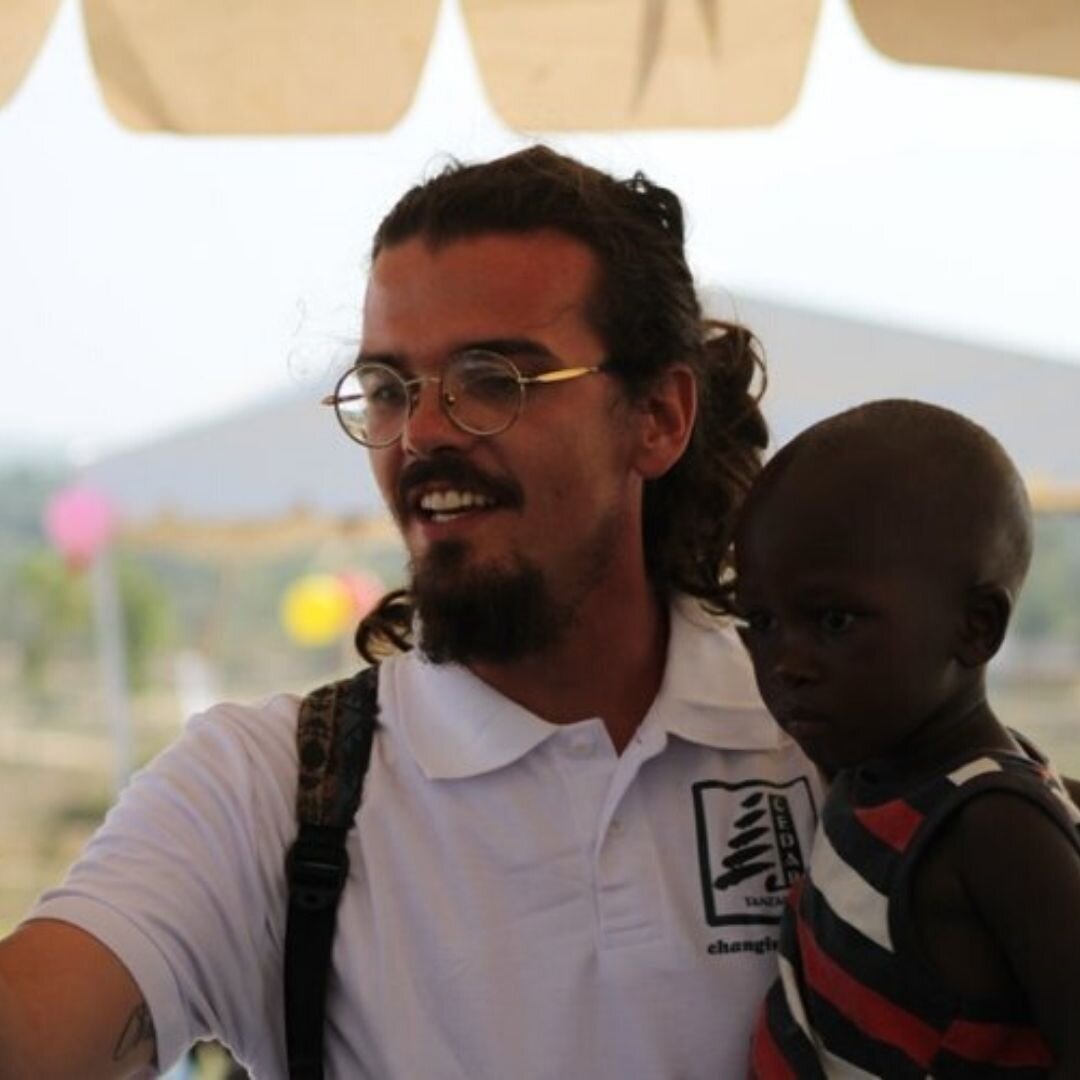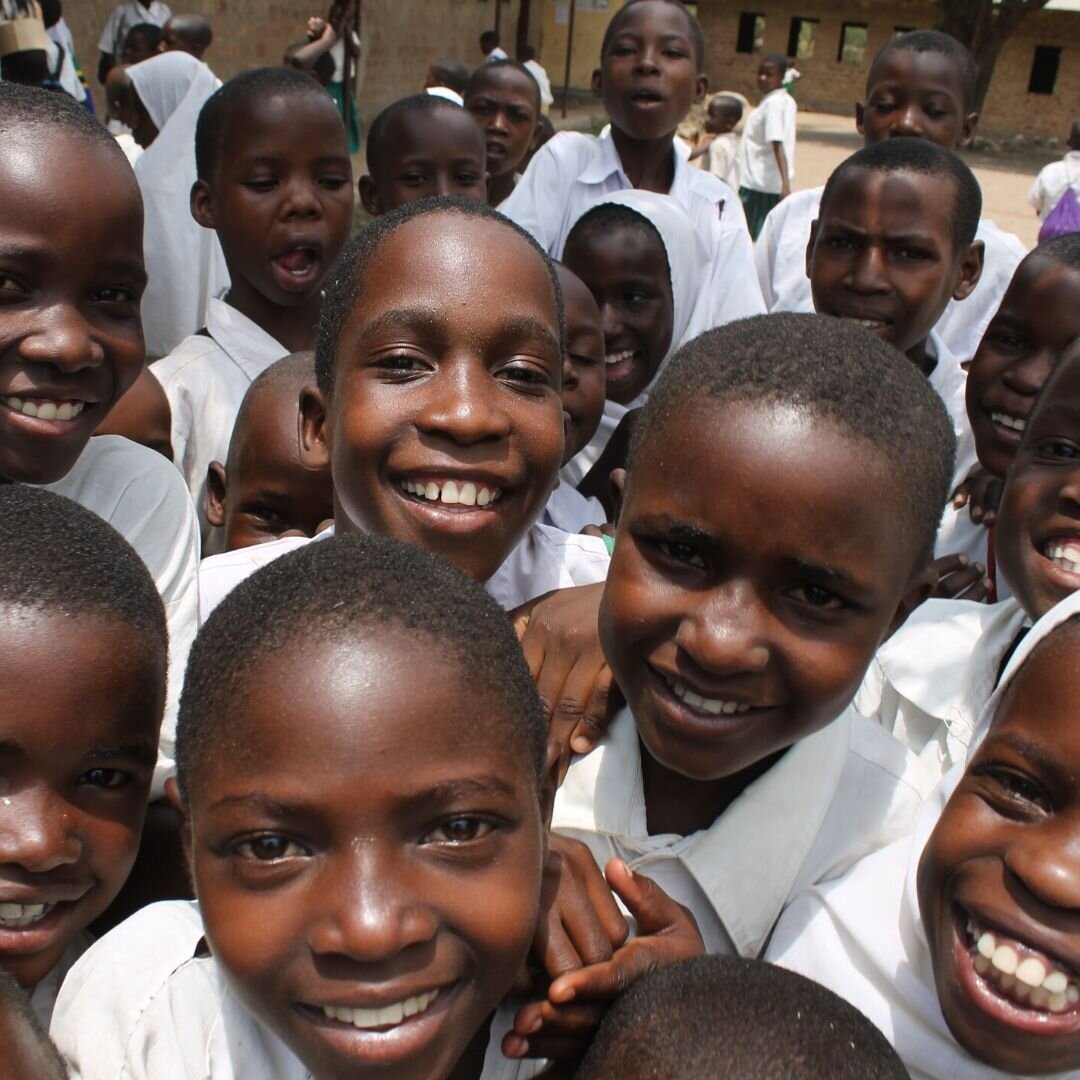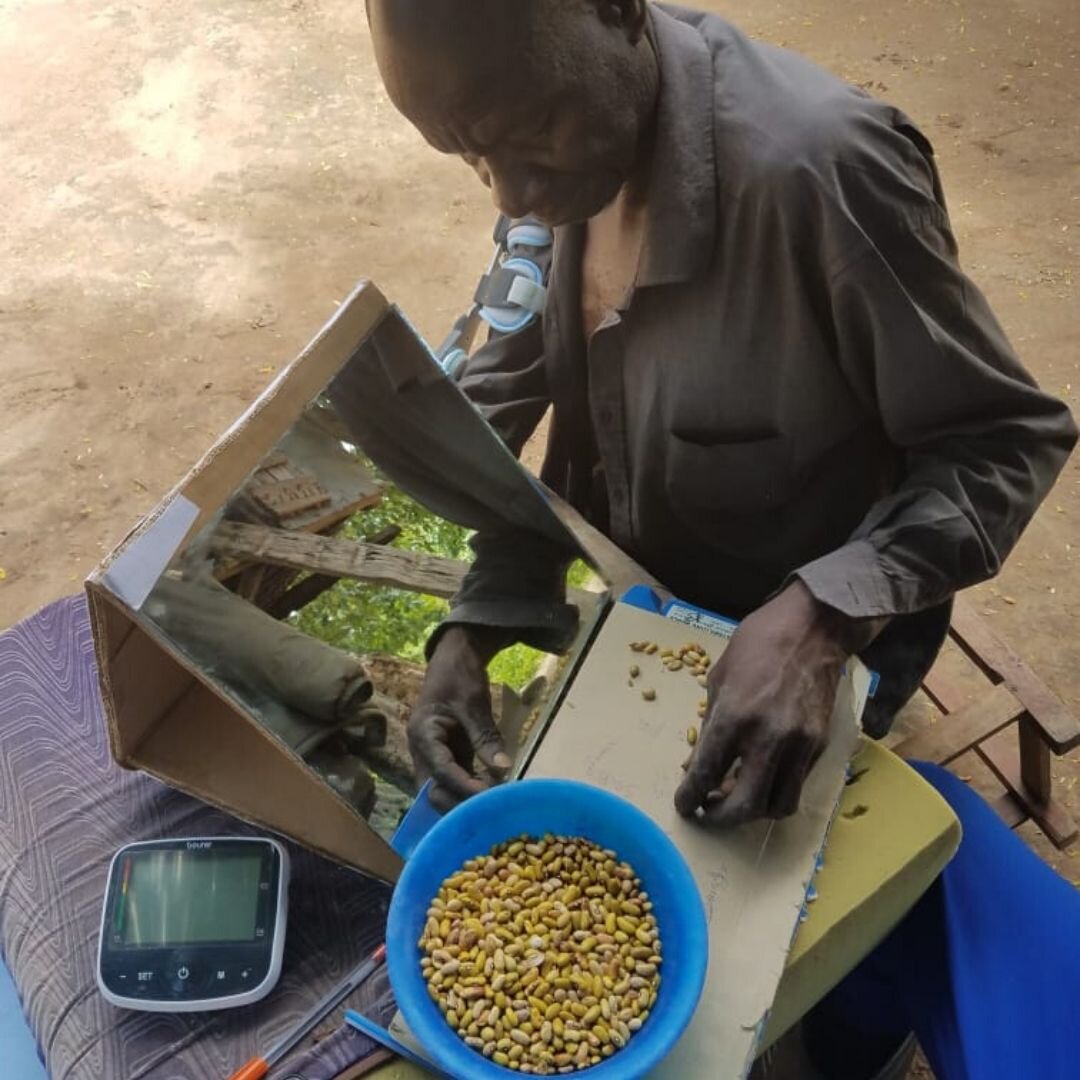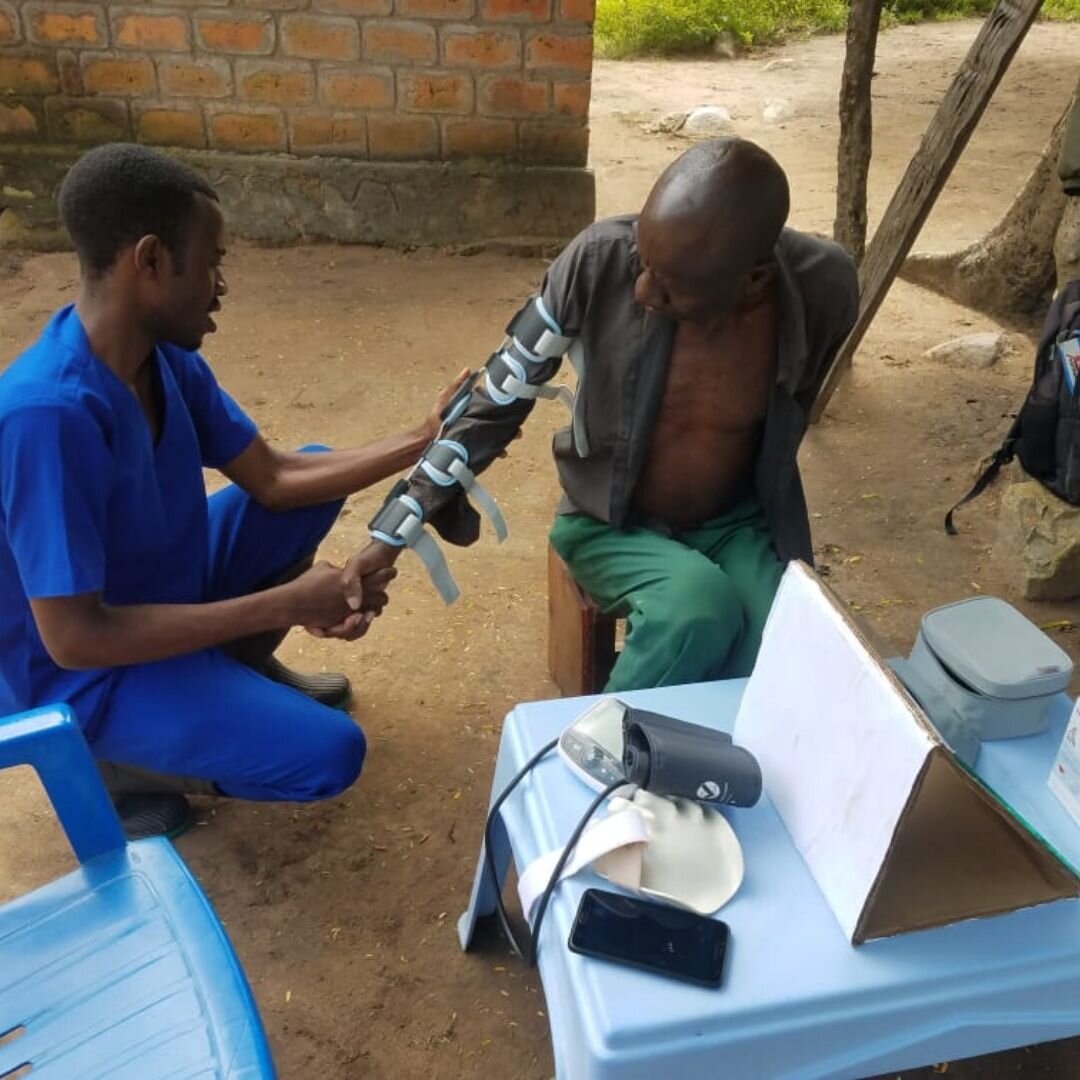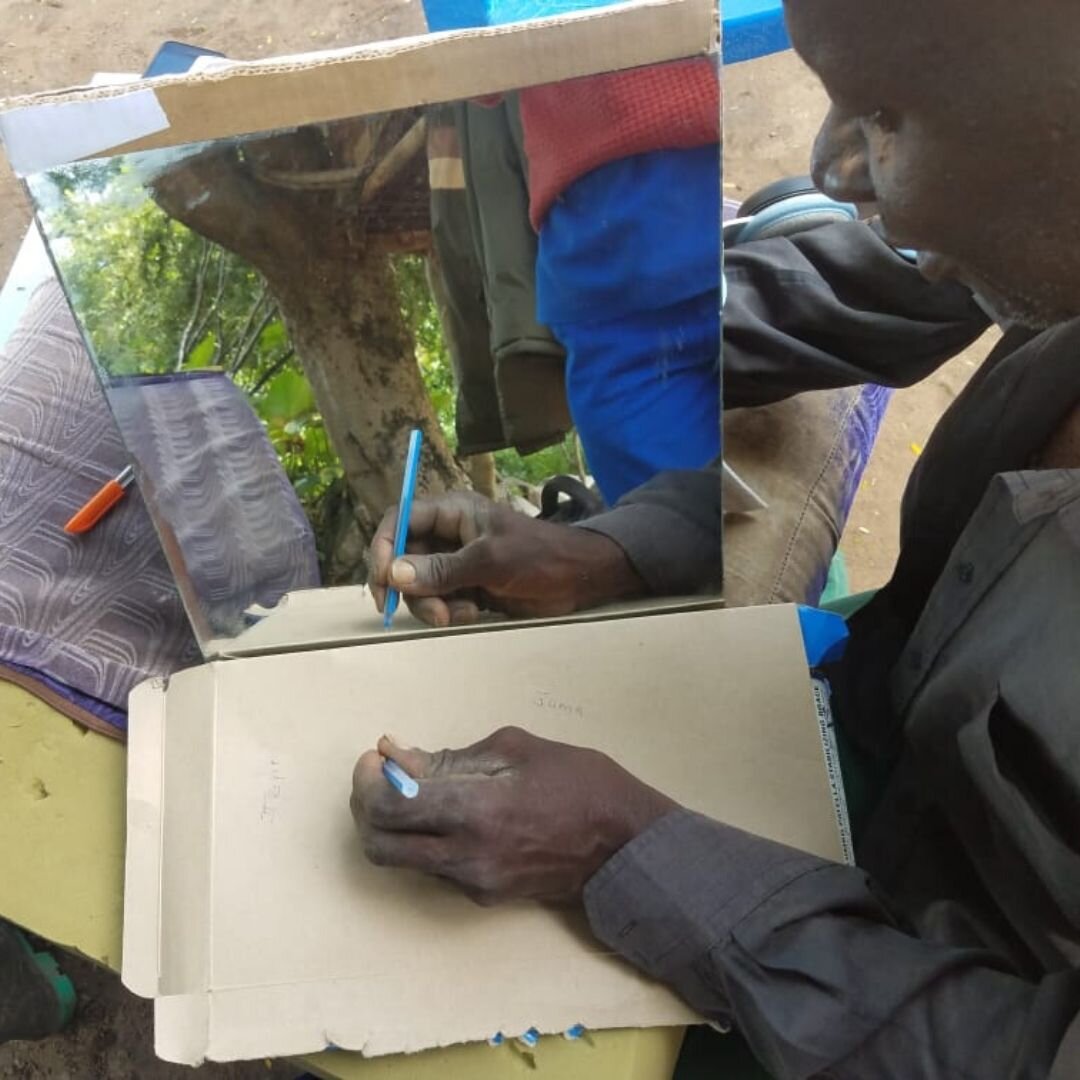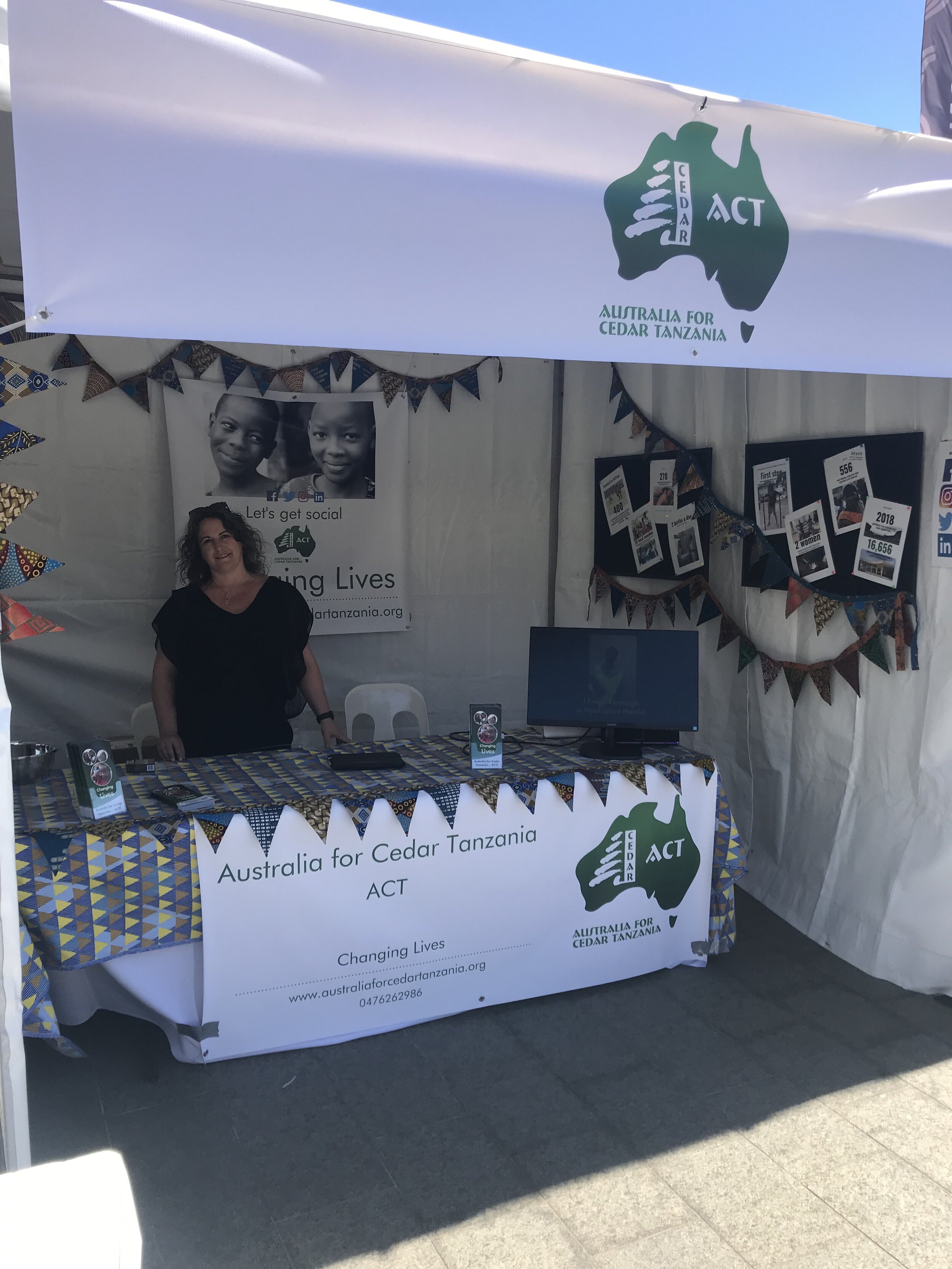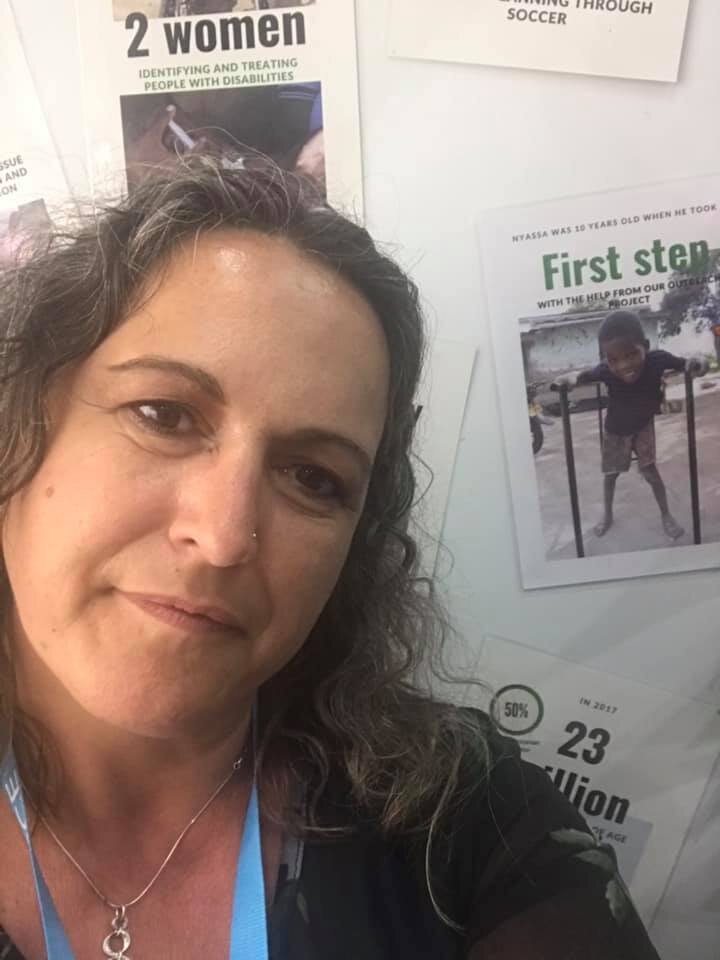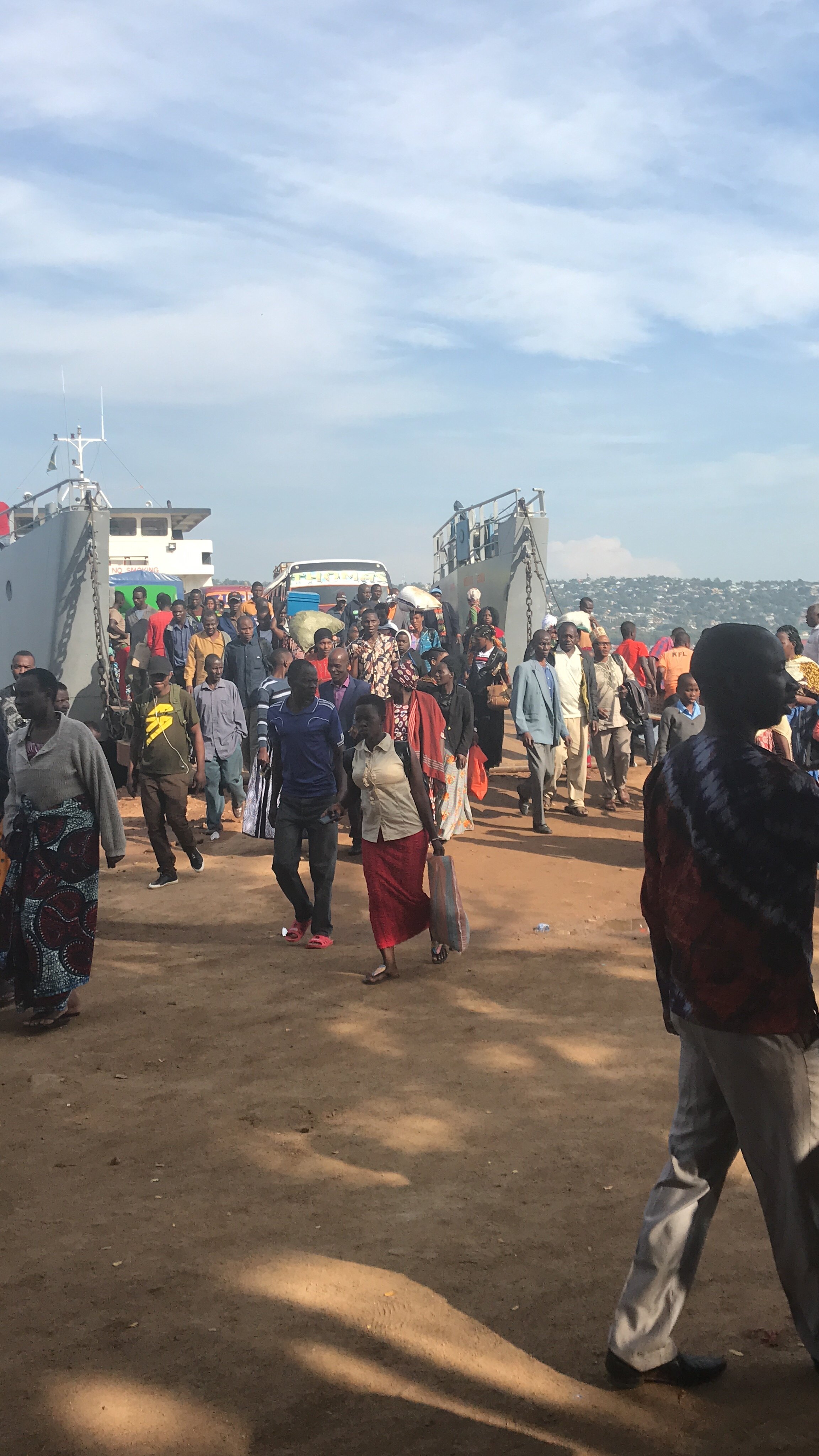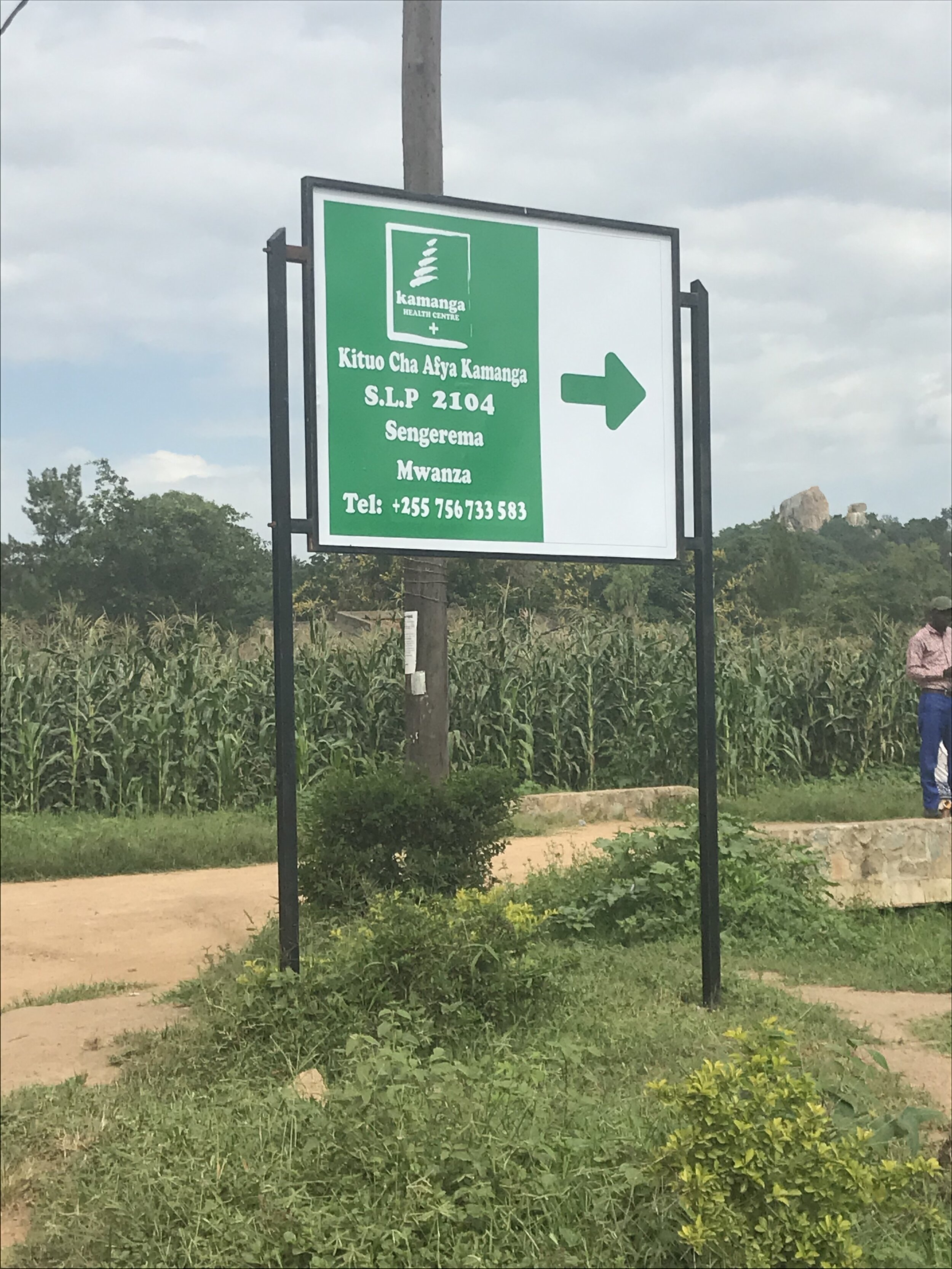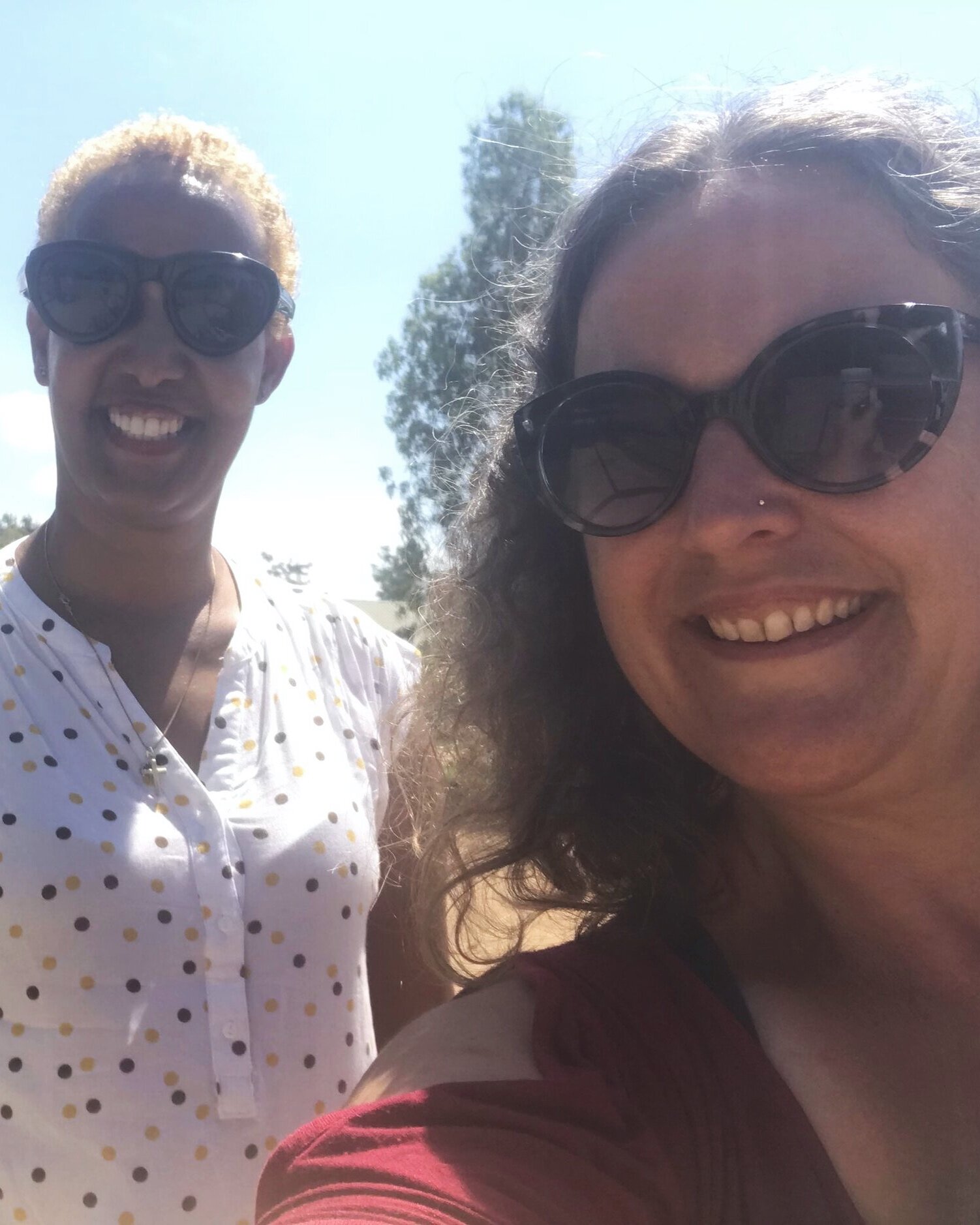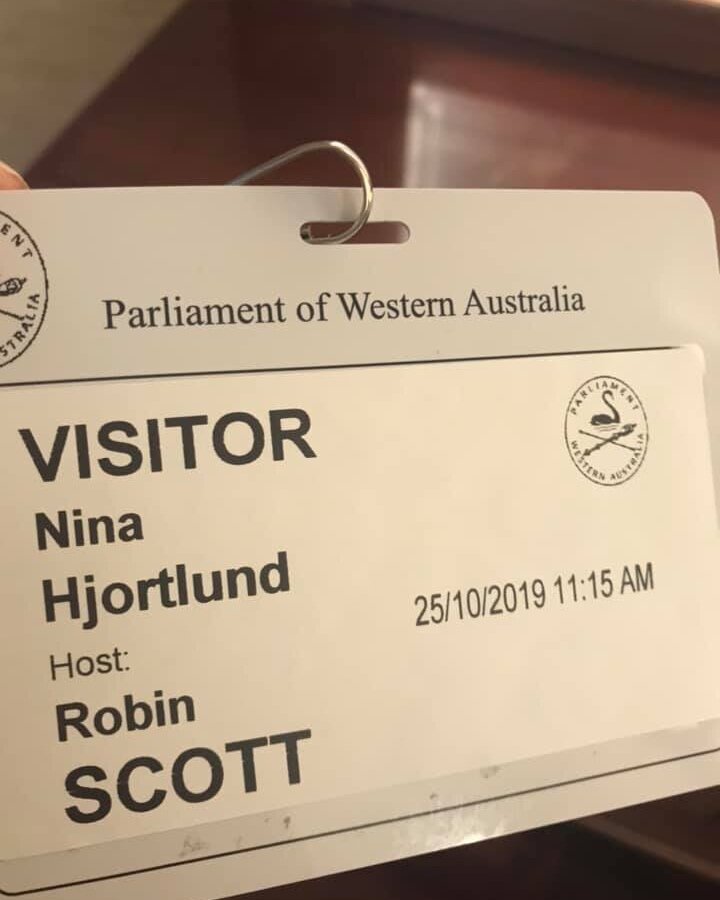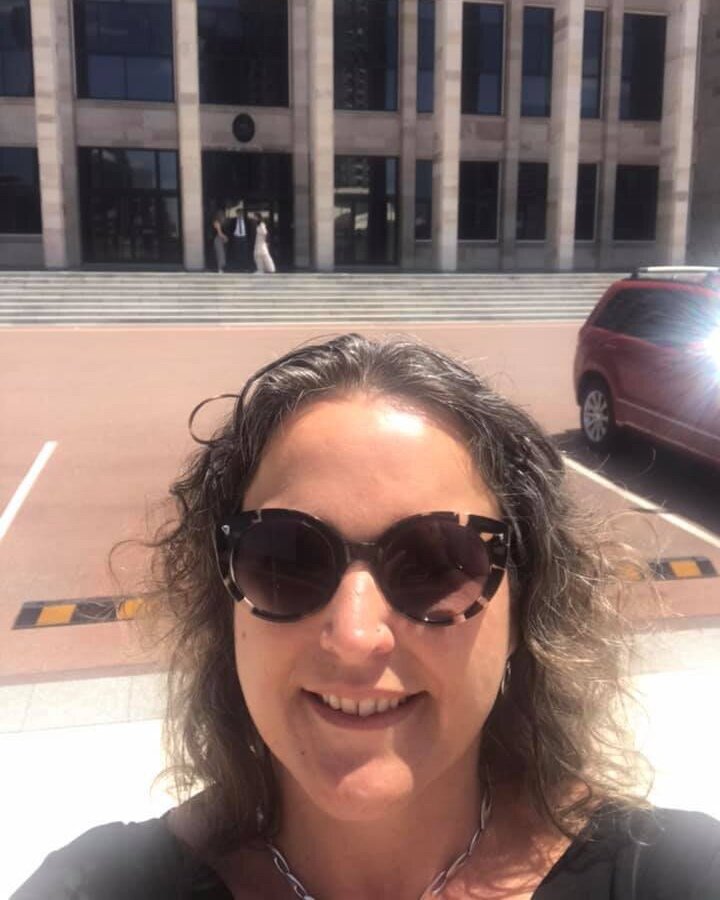With COVID-19 getting more prevalent on the African continent and therefore also in Tanzania we are in urgent need of personal protective equipment (PPE) to keep our medical staff safe at Kamanga Health Centre and to continue to provide quality care to the people of Nyamatongo Ward. Most of which have no access to running water or electricity and is experiencing severe poverty.
We do not have the ability to test for COVID-19, nor do we have ventilators, but we will treat people according to their symptoms and refer patients to larger regional hospitals if it is needed.
With the urgently needed Personal Protective Equipment we will be able to safely continue to conduct quality care and lifesaving treatments to the population of Nyamatongo Ward. We will be able to continue to provide a safe environment for women to give birth and for children under five to receive their regular check-ups and vaccinations even during the time of a pandemic.
This will minimise the risks of an uncontrollable spread of COVID-19 in Nymatongo Ward where essential measures as handwashing and social distancing isn’t feasible along with establishing new sanitising routines and an opportunity for us to inform the population about the importance and benefits of sanitation and hygiene.
It will also assist us in further minimising risk of spreading other waterborne diseases such as diarrhoea and typhoid. With a minimised risk factor, we will experience fewer overall COVID-19 cases and fewer severe cases needing transfer to larger hospitals. Transfers in itself poses an added risk factor which is desired to avoid. Pneumonia is one of the most common diseases we see also prior to the Coronavirus pandemic.
You can see a breakdown of the needs on our appeal presented on Australian Communities Foundation website.



